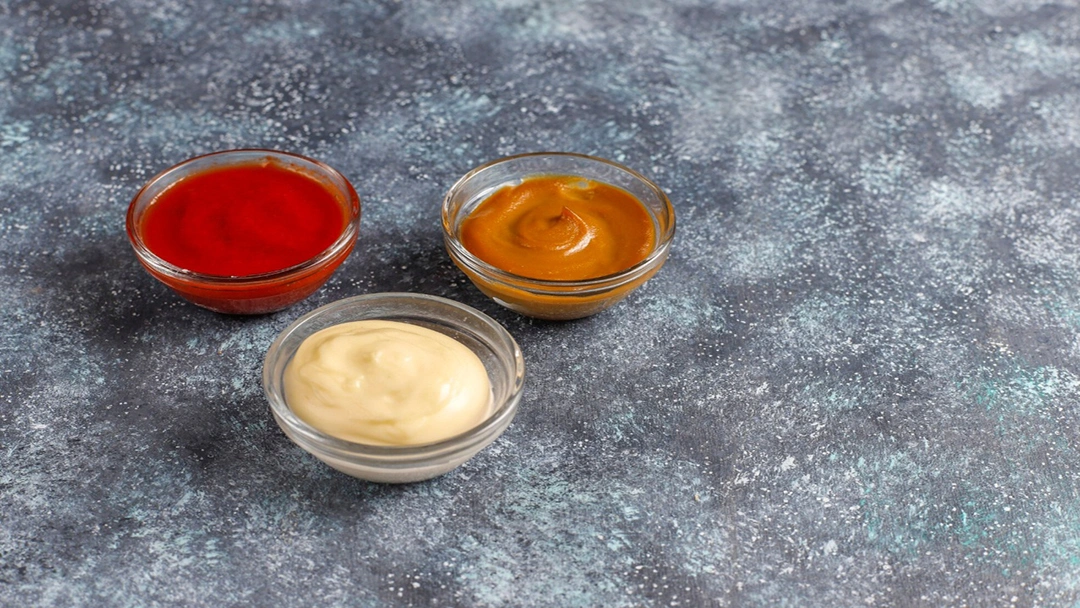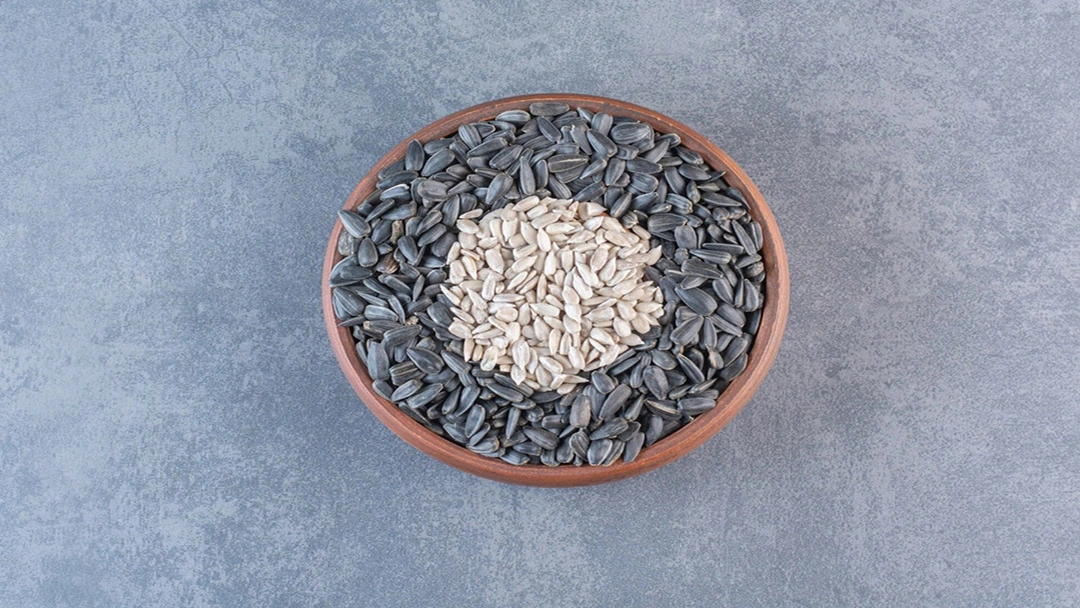The Benefits of a 60-Hour Fast
- Studies show that obesity and type 2 diabetes can lead to different types of cancer [1]. A 2017 study found that four months of 24-hour fasting two or three times a week reduced the participants’ weights and waist sizes by about %17.8 and %11, respectively. Also, after two months of fasting, they didn’t need insulin treatment [2].
- Different animal studies indicate that autophagy has positive effects on preventing cancer [3].
- The findings of a 2018 study showed that fasting could positively affect the quality of life in people undergoing chemotherapy for breast or ovarian cancers. In this study, the participants tried a 60-hour fast about 36 hours before chemotherapy [4].
- A study conducted in 2014 found that fasting for 2-4 days can protect stem cells against the adverse effects of chemotherapy on the immune system [5].
- Inflammation is the cause of various chronic diseases, including arthritis, heart disease, cancer, and more. Intermittent fasting can decrease even and reverse chronic inflammation [6].
- Insulin resistance, increased blood sugar, high levels of blood triglycerides, inflammation, and LDL cholesterol can cause heart disease. Luckily, a 60-hour fast can significantly decrease these risk factors [7].
- A 60-hour fast can help lower body fat, which helps decrease cholesterol levels and blood pressure, improving mental health problems like depression [8].
[cta-gocarnivore-plans]
Obesity and diabetes increase cancer risk. A 60-hour fast can reduce weight and insulin dependency and improve cancer treatment. It protects stem cells, fights inflammation, lowers heart disease risks, and enhances mental health.
The Side Effects of a 60-Hour Fast
- A 60-hour fast can cause hunger, insomnia, dizziness, and fatigue [9].
- Extended fasting, like a 60-hour fast, can lead to extreme exhaustion [10].
- Prolonged intermittent fasting, such as 60-hour fasting, can make you feel sluggish [11].
- A 60-hour fast is not suitable for some groups of people, including those involved with type 1 diabetes, low blood pressure, eating disorders, underweight individuals, pregnant and breastfeeding women, and those taking specific medications [12].
A 60-hour fast can cause hunger, insomnia, dizziness, fatigue, and extreme exhaustion. It's not recommended for pregnant and breastfeeding women and those with specific medical conditions.
How Much Weight Can You Lose on a 60-Hour Fast?
Various factors affect your weight loss, and when it comes to losing weight by fasting, your starting weight, body composition, metabolism, activity level, and how you break the fast play important roles.
Let’s see how these factors affect our weight loss to be able to do the math and adjust to get the best results from extended 60-hour fasting.
[cta-meetings]
Water Weight
Minimizing or removing the carbohydrate intake in the early stages of fasting results in water weight loss. For every gram of stored carbohydrates (glycogen), the body holds onto several grams of water. During fasting, the body uses glycogen, which results in water loss. That’s why some people, especially athletes, go for a 60-hour water fast.
Learn More: Can You Drink Diet Soda While Fasting?
Calorie Deficit
Avoiding calories for 60 hours leads to a calorie deficit, which makes the body burn fat for energy. So, the extent of weight loss depends on the number of calories you can burn.
Fat Loss
The amount of fat you can lose during a 60-hour fast depends on your metabolic rate, activity level, and individual variations.
[cta-meal-plan]
Refeeding
How you break the fast plays an important role in your weight loss. If you overeat or consume a lot of high-calorie, high-carbohydrate foods immediately after the fast, you may regain some weight. So, it’s recommended to break the fast with water and small, low-calorie meals.
But remember that weight loss should be a byproduct of fasting, and you must focus on health and well-being. To lose weight, you need a balanced diet and regular exercise, which helps improve the fasting effects on weight loss.
A 60-Hour Fast Improves Diabetes Symptoms
Research published in the journal Cell Metabolism showed that intermittent fasting can improve insulin sensitivity and lower blood sugar levels. This is beneficial for individuals at risk of type 2 diabetes.
How to Do a 60-Hour Fast?
- Consult a Healthcare Professional: You must find out if extended fasting is good for you and if your body can handle it. So, take the necessary test to make sure it’s safe for you.
- Plan Carefully: Start fasting when your schedule is not busy so you can have minimal physical activities and stress.
- Drink Water Before Fasting: In the days before a 60-hour fast, drink plenty of water to avoid dehydration during fasting.
- Have a Balanced Meal: Before you start your fast, have a nutritious meal containing protein, healthy fats, and fiber to help keep you full at the beginning of the fast.
- Stay Hydrated While Fasting: Drink water during fasting to curb hunger and avoid dehydration. Drink 8-10 cups of water or more every day.
- Maintain Electrolyte Balance: Drink electrolyte drinks or take electrolyte supplements to avoid electrolyte depletion, which causes muscle cramps and other issues.
- Listen to Your Body: Monitor your body’s changes during fasting to see how you need to manage before, after, and while fasting to minimize negative effects and make the most of fasting.
- Stay Busy: Try to do your favorite activities (those not containing intense physical activities) to keep your mind off fasting.
- Break the Fast Slowly: Break the fast with small, easily digestible meals to let your digestive system adapt. You can start with bone broth, steamed vegetables, or a small salad with lean protein.
- Don’t Overeat: Don’t let the hunger monster eat everything all at once! Start eating regular meals gradually, not right after the fast.
- Start Eating Normally: Return to your regular eating habits, focusing on balanced and nutritious meals. Do not consume high-calorie or processed foods.
- Monitor Your Body: Keep paying attention to your body’s reactions after fasting. Try to adjust and seek medical help if needed. It’s normal to experience some digestive problems.
[cta-gocarnivore-plans]
Doing the fast safely is one part of the fasting process. The second phase is breaking the fast healthily. If you avoid food for 2.5 days and start eating things you shouldn’t after fasting, you may undo all the good things you’ve done!
Learn More: 16-Hour Fast: Benefits and Results [The Best Foods to Eat]
How to Break a 60-Hour Fast?
Here is a step-by-step guide to breaking a 60-hour fast healthily.
1. Start with Liquids
Hydration is the first step. Begin with small sips of water, herbal tea, or unsweetened electrolyte drinks. You can also start by drinking warm bone broth. Whatever you drink, some sips will do. Don’t drink too much.
2. Add Protein Smoothie
After the first drink, you can use a high-quality protein powder (whey, plant-based, etc.) mixed with water or non-dairy milk (like almond milk). You can also add some leafy greens for added fiber and vitamins.
[cta-meetings]
3. Start Light Meals
Gradually start eating small portions of easily digestible meals containing steamed vegetables, a small salad with lean protein (chicken, turkey, tofu), or cooked quinoa.
4. Avoid High-Carb and Processed Foods
Do not consume high-carbohydrate or processed foods right after breaking the fast, as they cause rapid spikes in blood sugar levels and digestive discomfort. It’s better to eat whole, unprocessed foods instead.
5. Listen to Your Body
Monitor your body’s reactions in each step, as each body reacts differently. If you experience any discomfort, bloating, or digestive issues, slow down or modify your food choices.
6. Stay Hydrated
Continue to drink water throughout the day after breaking the fast.
[cta-meal-plan]
7. Be Patient
Your digestive system may need some time to adjust to eating again after a 60-hour fast. Be patient, and don’t expect to get back to your regular eating habits right after extended fasting.
8. Avoid Heavy or Greasy Foods
Do not consume heavy, greasy, or fried foods initially, as these are harder to digest and may lead to discomfort.
Learn More: 40-Hour Fast: Does It Work? [Benefits and Side Effects]
A 60-Hour Fast Induces Autophagy
Fasting triggers autophagy, a process where cells remove damaged components and regenerate new ones. This can improve cellular health and longevity.
[cta-gocarnivore-plans]
Foods to Eat after a 60-Hour Fast
- Bone Broth
- Protein Smoothie
- Leafy Greens
- Lean Protein: Skinless chicken or turkey breast, tofu, or tempeh
- Cooked Vegetables: Broccoli, cauliflower, zucchini, or carrots
- Quinoa
- Avocado: In salads or smoothies
- Nuts and Seeds
- Fruit: Berries
- Plain Yogurt or Probiotic Foods
Foods to Avoid after a 60-Hour Fast
- Highly Processed Foods: Foods high in refined sugars, artificial additives, and preservatives
- Heavy, Greasy, or Fried Foods
- High-Carb Foods: White bread, sugary cereals, and pastries
- Sugary Beverages: Soda, fruit juice, and energy drinks
- Alcohol
- Large Meals
- Spicy Foods
- Dairy
- Raw Vegetables
- Caffeine: If you consume caffeine, drink plain black coffee or tea without added sugar or cream.
Learn More: The 96-Hour Fast Benefits and Results: Is It Safe?
[cta-meetings]
60-Hour Fast and Autophagy
A 60-hour fast and avoiding calories and carbs can provide a suitable situation for autophagy, which is a cell-cleaning process. Autophagy is a normal bodily process of cleaning the body of damaged or dysfunctional cellular components.
Autophagy can lead to many health benefits, including
- Cellular Repair,
- Disease Prevention: Diseases like neurodegenerative diseases, cancer, and infections, and
- Longevity.
The extent of autophagy matters. Its duration depends on your metabolism, activity level, and general health. Longer fasting, like a 60-hour fast, may provide more extended exposure to autophagy, enabling more significant cellular repair.
Learn More: 18-Hour Fast Diet: Benefits and Weight Loss Results
Is a 60-Hour Fast Healthy?
A 60-hour fast can be healthy for experienced fasters and those who follow the rules and make their body ready for such an intense challenge. However, note that extended fasting, including a 60-hour fast, is not suitable for everyone. Let’s review some general points you need to consider before doing a 60-hour fast.
[cta-meal-plan]
- Consider Your Health Status: Whether a 60-hour fast is suitable for you depends on your health status, i.e., if you have any medical conditions or take medications, you need to consult a healthcare professional to ensure extended fasting will not have negative effects on your body.
- Stay Hydrated: Remember that hydration is one of the keys to a healthy fast, especially extended fasting, and dehydration can cause serious health issues.
- Consume Enough Nutrients: To avoid nutrient deficiencies, prepare balanced, nutritious meals before and after a 60-hour fast.
- Consider Psychological Effects: Extended fasting can cause stress or anxiety.
- Fasting Is Not a Weight Loss Shortcut: While a 60-hour fast can lead to weight loss, it should not be considered a shortcut for quick weight loss. If you want sustainable weight management, you need long-term dietary and lifestyle changes.
So, based on these points, can we say a 60-hour fast can be risky for some people, and they need to avoid it?
Learn More: [Expert Guide] 20-Hour Fast Results, Side Effects, and How to
Who Should Avoid the 60-Hour Fast?
Let’s face it. It’s not easy to avoid food for 2.5 days, and only those who can handle it physically and mentally should go for it. Also, various groups of people need to steer clear of extended fasting, including the following.
[cta-gocarnivore-plans]
- Those with Medical Conditions: If you have issues related to blood sugar regulation, cardiovascular health, kidney function, or any chronic diseases, you should consult a healthcare professional before trying a 60-hour fast.
- Pregnant or Breastfeeding Women: Fasting can cause nutrient deficiencies for breastfeeding or pregnant women and the baby.
- Children and Adolescents: Extended fasting is generally not recommended for children and adolescents, as they are in their growth and development periods and need proper nutrition.
- Elderly: Older adults face dehydration and electrolyte imbalances, so extended fasting is not recommended for them.
- Those with Eating Disorders: If you have eating disorders like anorexia nervosa or bulimia, you should avoid extended fasting.
- Underweight Individuals: If you are underweight or have a low body mass index (BMI), you need to avoid a 60-hour fast.
- Those Taking Special Medications: If you’re taking certain medications, extended fasting can interfere with the drug's effects or absorption. So, it’s wise to consult your physicians first.
- Inexperienced Fasters: If you are new to fasting, you’d better try shorter versions of intermittent fasting, and if things go well, go for longer fasts.
- Individuals with Dizziness or Fainting: If you have a history of dizziness, fainting, or orthostatic hypotension (low blood pressure when standing), fasting can worsen your symptoms.
- Those with Psychological Health Concerns: Like other kinds of extended fasting, a 60-hour fast can increase stress or anxiety.
Learn More: 24-Hour Fast: How to Do It? Is It Good for Weight Loss? [Expert Guides]
Summary
A 60-hour fast is a strict version of extended fasting, which can have various health benefits. However, it comes with some risks you need to pay attention to.
If you are considering weight loss or seeking certain health benefits, you can try a 60-hour fast, but you need to remember that sustainable weight loss is not an overnight act. You must have a balanced diet accompanied by regular exercise to have a healthy body.
Use the opportunity to buy 100% grass-fed, grass-finished, organic beef tallow balm, whipped tallow balm, and tallow soap products today with 15-20% discounts.
[cta-meetings]
FAQ
The following Q&As cover the most frequently asked questions about a 60-hour fast and their answers to help you make informed decisions.
Does a 60-Hour Fast Burn Belly Fat?
Yes, a 60-hour fast can provide a prolonged calorie deficit, which helps your body burn fat for energy. It means your extra weight will be burned away, especially your belly fat.
Is a 60-Hour Fast Long Enough for Autophagy?
Yes, studies suggest that autophagy only begins when the glucose and insulin levels drop considerably, which happens after 32 to 48 hours of fasting. So, a 60-hour fast can lead to autophagy.
Are a Monk Fast and a 60-Hour Fast the Same Thing?
No, a monk fast is a prolonged fasting method lasting several days for spiritual purposes, while a 60-hour fast is an extended version of intermittent fasting lasting 60 hours for weight loss and health purposes.
What Is the Best Time of the Week to Fast for 60 Hours?
There’s no best time for a 60-hour fast, and it all depends on your schedule and lifestyle. Choose a period when you don’t have to do intense physical activities or don’t have much stress.
Can Everyone Do a 60-Hour Fast?
No, a 60-hour fast is not recommended for everyone, and you need a healthcare professional to help you decide if it's healthy for your health status and goals.
Is a 60-Hour Fast Different from Intermittent Fasting?
A 60-hour fast is an extended version of intermittent fasting.






























